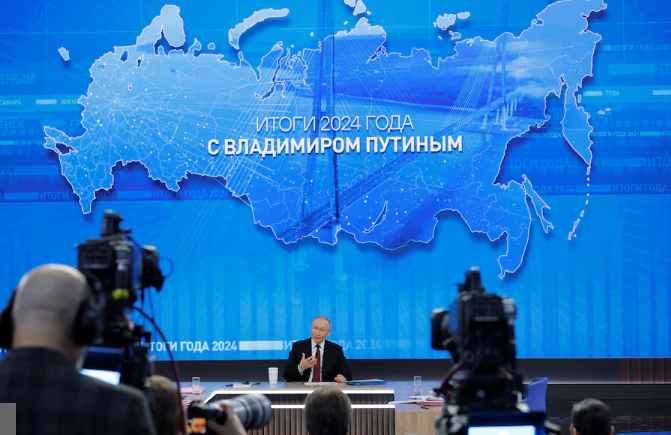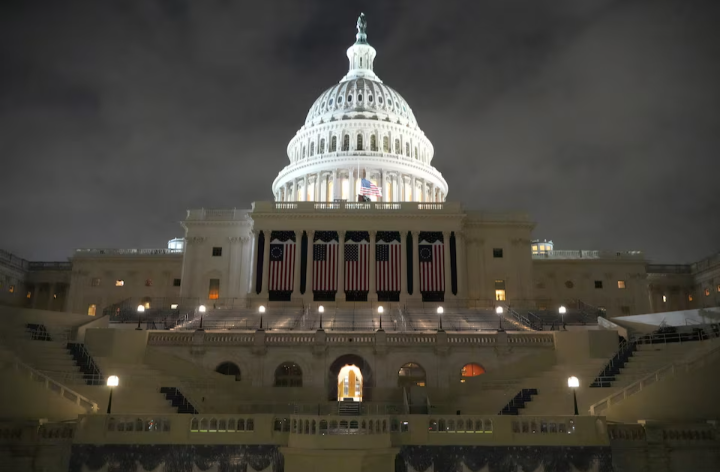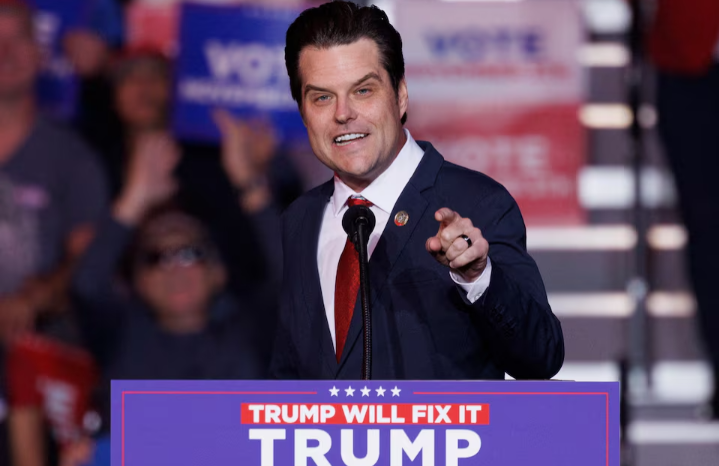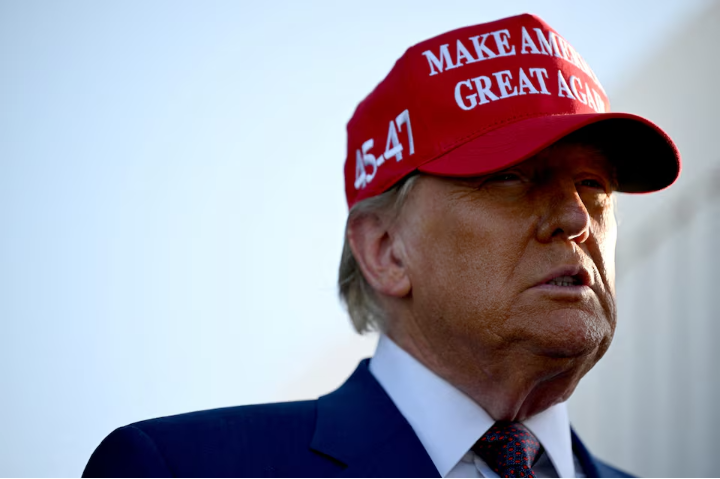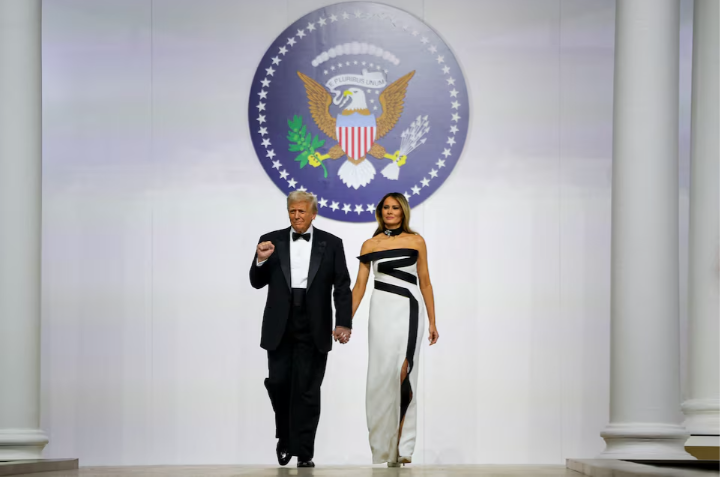In a recent televised Q&A session, Russian President Vladimir Putin expressed readiness to negotiate with U.S. President-elect Donald Trump to end the ongoing conflict in Ukraine. Putin emphasized Russia's willingness to make compromises, highlighting the progress Russian forces have made toward achieving their primary objectives since the 2022 invasion.
Despite this openness to dialogue, Putin dismissed the idea of a temporary ceasefire, arguing that it would only allow Ukrainian forces to regroup. Instead, he advocated for a durable peace agreement, potentially based on previous negotiations held in Istanbul, which were never implemented. He also indicated that any future agreement would require validation by legitimate Ukrainian authorities, suggesting that President Volodymyr Zelenskiy would need to be reelected to be considered a legitimate signatory by Moscow.
The conflict, which began in 2022, has resulted in tens of thousands of deaths and displaced millions, marking the most significant crisis between Moscow and the West since the 1962 Cuban Missile Crisis. Putin acknowledged the war's impact on the Russian economy, which has been strained by Western sanctions, and defended his management of the situation.
Additionally, Putin addressed Russia's military involvement in Syria, denying that the ousting of Bashar al-Assad signified a loss for Moscow. He asserted that Russia's objectives in Syria had been accomplished, maintaining that the country's influence in the region remains intact.
As the international community closely watches these developments, the prospect of negotiations between Putin and Trump introduces a new dynamic to the efforts aimed at resolving the Ukraine conflict. The potential for a diplomatic resolution hinges on the forthcoming discussions and the willingness of all parties to engage in meaningful compromise.

